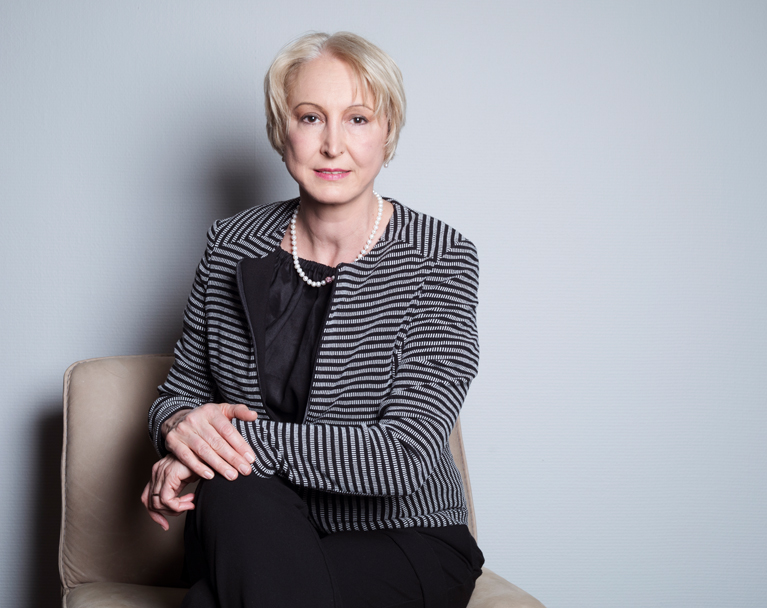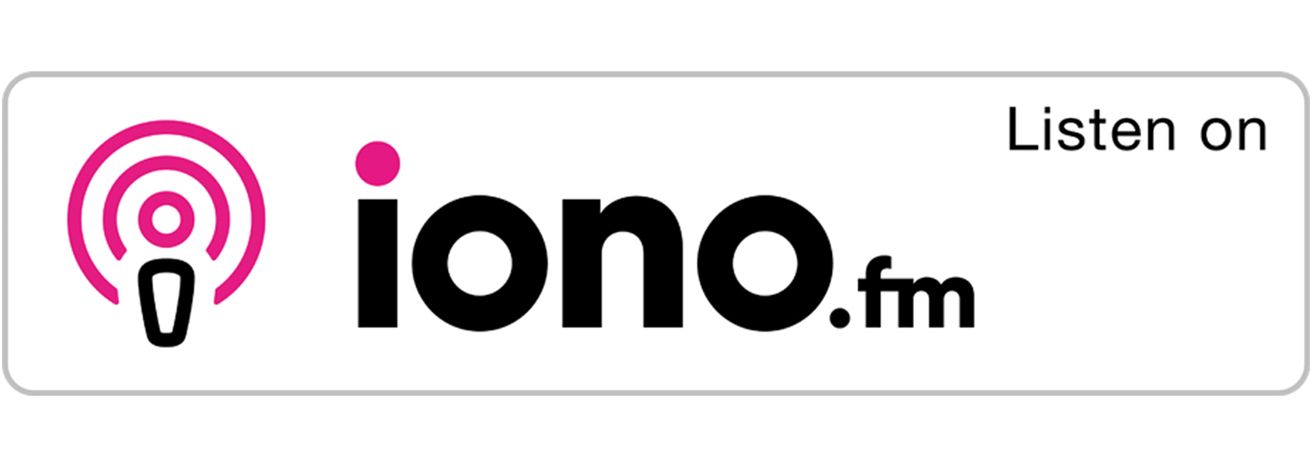Listen to the podcast
With the Fed and ECB continuing to hike interest rates, it is inevitable that South Africa will follow suit at the end of May. In this week’s episode of No Ordinary Wednesday podcast, our Chief Economist Annabel Bishop looks at whether the country is reaching a turning point on interest rates and what variables are at play ahead of this month’s announcement.
Receive Focus insights straight to your inbox
In recent months, the Federal Reserve in the United States has announced its tenth rate hike in fourteen months, with Chair Jerome Powell hinting that it might be the last increase for a while.
This development raises two important questions: Will South Africa follow suit, and are we reaching a turning point in our own interest rate cycle? The concerns informed the latest conversation on the No Ordinary Wednesday podcast with Investec Chief Economist Annabel Bishop.
Has SA reached a turning point?
Bishop says to understand the potential impact on South Africa, we must first consider the interest rate differential between the US and our country. While the US has increased rates by 5%, South Africa has only managed a 4.25% increase. This means that the risk premium between South African and US interest rates has eroded. As a result, there is substantial pressure on the rand to depreciate, especially given the current global risk aversion climate.
To address this concern, Bishop says South Africa needs to catch up and make up lost ground.
“The US has signalled that it may have reached the end of its interest rate hike cycle, while the European Central Bank (ECB) has hinted at further rate hikes. This disjointed monetary policy landscape could complicate matters for South Africa. It is likely that we will follow the US with an interest rate hike of our own, potentially between 25 and 50 basis points. Widening the interest rate differential would help reduce the erosion of the risk premium and potentially strengthen the rand.”
To hike or not to hike
Bishop says a decision to hike interest rates in South Africa will not be without its challenges.
“The country is currently grappling with inflation, particularly in food prices. The pass-through effect from currency depreciation into inflation has become a concern, with the weakening rand leading to higher food price inflation. Food prices are a significant driver of overall inflation, and both measures are currently above the midpoint of the inflation target range. The South African Reserve Bank (SARB) is mandated to bring inflation back into target, but the recent higher-than-expected inflation figures have pushed back the timeline for reaching the target.”
Bishop says when making the decision on interest rates, the SARB will consider various factors, including GDP growth, which has been revised down to 0.2% for this year due to factors such as load shedding.
Loadshedding, she says along with insufficient rail and port capacity, poses challenges to the economy.

Despite the substantial weakening of the rand over the past year, South Africa has not experienced an improvement in the terms of trade, partly due to the loss of productive capacity in the country.
Investor worries
Bishop says the current economic challenges and uncertainties do not bode well for short-term investor and business confidence. South Africa's credit default swaps are elevated, indicating high risk, and our carry trade is at the bottom of the ranking for emerging markets.
“Investors are seeking safe havens or stronger emerging market currencies, and South Africa is not currently an attractive investment destination.”
Looking ahead, the situation does not appear promising for the Rand in the short term. Although the currency may stabilize and dip slightly lower, the potential for significant gains is limited, given the global risks and the possibility of a global recession or economic slowdown in the second half of the year.
Rand weakness
The interconnectedness of the global economy means that events on the global stage have a direct impact on South Africa and its currency.
While a global recession in the second half of the year is not a certainty, it is seen as a realistic risk. Given the potential risks on the horizon, the SARB may be running out of time to protect the rand by not hiking interest rates. However, it is crucial to consider the impact on consumer finances, as the sharp interest rate hike cycle has increased the vulnerability of consumer finances in recent quarters.
Receive Focus insights straight to your inbox








